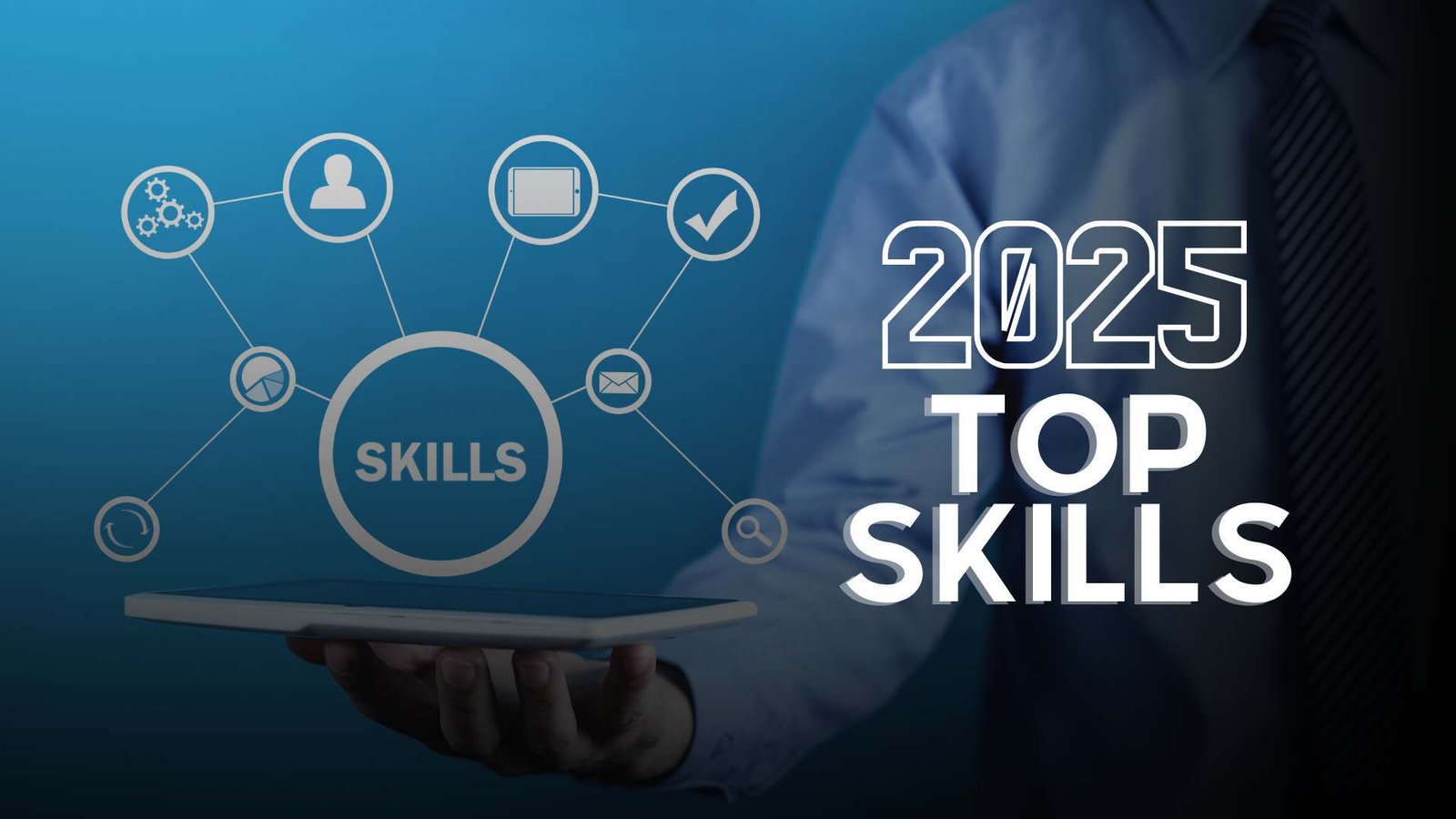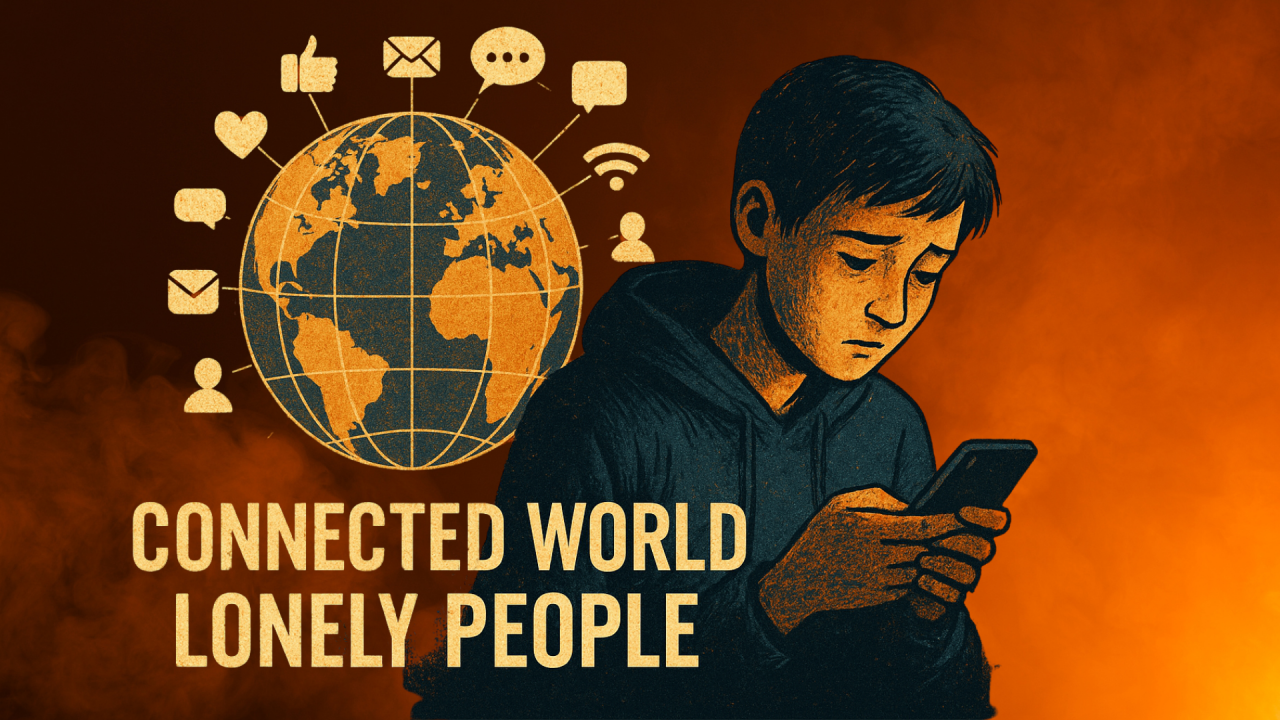Top 10 Digital Skills to Boost Your Career in 2025

The Digital Skill Economy of 2025
The year 2025 marks a turning point in the global workforce. Artificial intelligence, automation, Web3 technologies, and the rise of remote collaboration have redefined what it means to be employable. No longer are traditional degrees the ultimate differentiator; instead, digital skills determine professional success.
Organizations are actively seeking individuals who can adapt to technological shifts, harness data, and leverage emerging tools. For professionals and youth alike, acquiring the right digital skills is the bridge between employability and irrelevance.
This article explores the 10 most critical digital skills in 2025 that will not only boost your career prospects but also future-proof your professional growth.
1. Artificial Intelligence (AI) & Machine Learning
AI is no longer confined to research labs; it powers everything from personalized marketing to autonomous vehicles. By 2025, professionals with AI and machine learning expertise are at the forefront of innovation.
Why it matters:
-
Companies need AI experts for automation, customer personalization, and data-driven decisions.
-
Even non-technical professionals benefit from basic AI literacy.
Career opportunities: AI engineer, data scientist, automation specialist, AI ethics consultant.
2. Data Analytics & Data Science
Data has become the new currency of business. Companies rely on professionals who can interpret, visualize, and apply insights to make strategic decisions.
Why it matters:
-
Every industry—finance, healthcare, education, and retail—relies on data-driven solutions.
-
Decision-making without data is considered obsolete in 2025.
Career opportunities: Data analyst, business intelligence specialist, data scientist, data strategist.
3. Cybersecurity & Digital Safety
As digital threats increase, cybersecurity has become a top priority. From ransomware attacks to personal data breaches, organizations need experts who can safeguard assets.
Why it matters:
-
Cyberattacks cost the global economy trillions annually.
-
Remote work expands digital vulnerabilities.
Career opportunities: Cybersecurity analyst, ethical hacker, security architect, compliance officer.
4. Cloud Computing & DevOps
Cloud-based solutions dominate digital infrastructure in 2025. From Amazon Web Services (AWS) to Google Cloud, businesses migrate operations for scalability, efficiency, and innovation.
Why it matters:
-
Cloud is the backbone of remote work and global collaboration.
-
DevOps ensures continuous integration and delivery for agile operations.
Career opportunities: Cloud architect, DevOps engineer, cloud security specialist.
5. Digital Marketing & Growth Hacking
Marketing has shifted from traditional strategies to AI-driven, customer-centric campaigns. Professionals who understand SEO, social media, and paid advertising dominate the digital landscape.
Why it matters:
-
Brands compete for visibility in saturated online spaces.
-
Growth hacking offers cost-efficient ways to scale startups and businesses.
Career opportunities: SEO specialist, growth marketer, content strategist, social media manager.
6. Blockchain & Web3 Technologies
Blockchain extends beyond cryptocurrency—it drives decentralized finance (DeFi), supply chain transparency, and secure data exchange. By 2025, Web3 literacy is a competitive advantage.
Why it matters:
-
Web3 disrupts traditional banking, identity management, and asset ownership.
-
Professionals with blockchain knowledge pioneer new industries.
Career opportunities: Blockchain developer, smart contract auditor, DeFi strategist, Web3 consultant.
7. UX/UI Design & Human-Centered Product Development
As technology becomes more complex, usability and design dictate adoption. UX/UI specialists bridge the gap between innovation and human needs.
Why it matters:
-
Users expect seamless, visually appealing digital experiences.
-
Companies invest heavily in design-driven growth.
Career opportunities: UX researcher, product designer, interaction designer, UI engineer.
8. Project Management & Agile Methodologies
Even in a tech-driven economy, leadership and organization matter. Agile project management skills enable teams to adapt quickly to change.
Why it matters:
-
Cross-functional, remote teams dominate the workplace.
-
Agile and Scrum methodologies increase efficiency and collaboration.
Career opportunities: Project manager, scrum master, agile coach, program director.
9. Content Creation & Digital Storytelling
In 2025, content remains king—but the medium has evolved. Video, podcasts, interactive blogs, and AR/VR experiences dominate audience engagement.
Why it matters:
-
Companies and individuals need digital storytellers to attract and retain attention.
-
Creators with monetizable skills (e.g., YouTube, Substack, FlowiseTech) thrive independently.
Career opportunities: Content strategist, video producer, podcast host, AR/VR content creator.
10. Emotional Intelligence & Soft Digital Skills
While technical expertise is critical, soft skills enhanced by digital literacy distinguish leaders. Emotional intelligence, adaptability, and virtual collaboration remain indispensable.
Why it matters:
-
Machines automate tasks, but human empathy and leadership remain irreplaceable.
-
Employers prioritize professionals who balance technical expertise with communication.
Career opportunities: Team leader, HR strategist, remote collaboration consultant, executive coach.
The Future of Digital Skills Beyond 2025
By 2030, hybrid roles will dominate—combining AI literacy, creativity, and human judgment. Lifelong learning will not be optional; professionals must continuously update skills to remain competitive.
The future favors individuals who blend technical fluency with human-centric creativity.
Conclusion
In 2025, your career trajectory depends less on formal qualifications and more on how adaptable you are to digital transformation. By mastering these 10 digital skills—ranging from AI to emotional intelligence—you can remain competitive, create new opportunities, and thrive in the evolving workforce.
The time to act is now: invest in courses, certifications, and real-world practice to secure your place in the digital-first economy.
Frequently Asked Questions (FAQs) About Digital Skills in 2025
1. What are the most in-demand digital skills in 2025?
The most in-demand skills include AI, data science, cybersecurity, blockchain, digital marketing, and UX/UI design. These skills apply across industries and remain essential for future growth.
2. Do I need a degree to learn digital skills?
No. While formal education helps, most digital skills can be acquired through online courses, bootcamps, and hands-on experience. Certifications often carry as much weight as traditional degrees.
3. How can I start learning these skills?
You can start with online platforms like Coursera, Udemy, edX, or niche communities like Flowisetech. Free resources, mentorship, and project-based learning accelerate progress.
4. Are digital skills only for tech professionals?
Not at all. Digital skills are now required in every profession—marketing, finance, healthcare, law, and education. Understanding technology is a baseline expectation for career growth.
5. Which soft skills complement digital expertise?
Soft skills like communication, emotional intelligence, adaptability, and collaboration amplify technical knowledge. In fact, professionals with both sets of skills are the most competitive.







